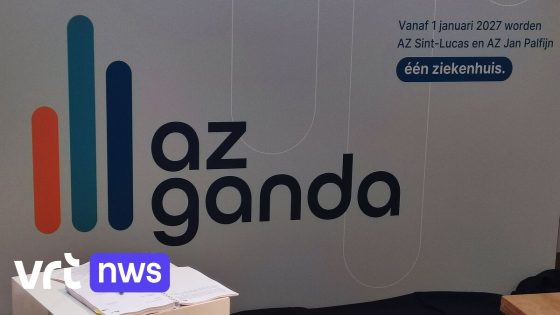The Anne Frank Atheneum in Belgium recently faced an unusual challenge with its mathematics exam results. On 2025-06-26 20:00:00, the school’s class council and management reviewed the outcomes and discovered that a majority of students in certain classes had failed their maths exams. This prompted a significant decision impacting students’ final reports.
- Klassenraad bespreekt examenresultaten wiskunde
- Besluit: resultaten niet meetellen eindrapport
- Individuele beoordeling van leerlingen door klassenraad
- Onderzoekt kwaliteit leerinhoud en examens
- Uitzonderlijke situatie vereist correcte behandeling leerlingen
- Wiskundeproblemen door leerkracht signaleert alarmbel
To ensure fairness, the school decided not to count these maths results toward the students’ end-of-year grades. This means that the exam scores will not determine whether students pass or fail. But what led to such a rare move, and how will it affect the students’ academic progress?
Understanding the reasoning behind this decision sheds light on the school’s commitment to quality and fairness in education, especially in crucial subjects like mathematics.
Why would a school exclude exam results from final reports? The Anne Frank Atheneum’s leadership carefully examined the situation, considering factors beyond just student performance. This raises important questions about exam fairness and teaching quality:
- Were all learning materials delivered effectively?
- Did the exam accurately reflect the curriculum?
- Could external factors have influenced the low scores?
- How does this decision protect students’ academic futures?
Such transparency helps maintain trust in Belgium’s education system while addressing unexpected issues responsibly.
Looking ahead, will other schools adopt similar reviews to ensure fairness? Students, parents, and educators alike should stay informed and engaged as schools navigate these challenges, striving for balanced and just academic assessments.
































